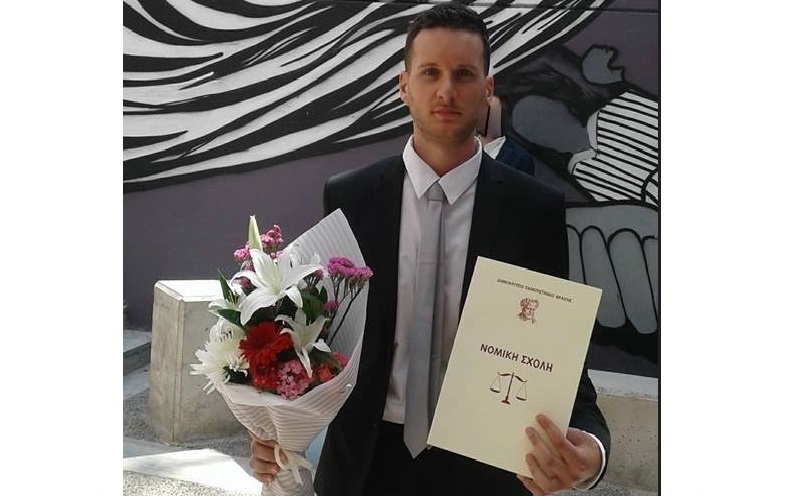The provision in Article 83(3) of the Treaty on the Functioning of the European Union (emergency break clause) strikes a balance between the abolition of the unanimity principle and the introduction of a special majority to strengthen cooperation in matters of substantive criminal law. With the Lisbon Treaty, the Member States have succeeded in recognising the exceptional possibility for a State to suspend the ordinary legislative procedure (emergency break clause) by referring the matter to the European Council.
The exercise of a suspensive veto requires that the Member State concerned considers (discretionary power) that a draft directive harmonising criminal rules affects fundamental aspects of the criminal justice system. However, the TFEU requires that there must be a serious reason for a veto only for directives aimed at harmonising procedural criminal law, otherwise the Court of Justice’s jurisdiction to review the improper use of the veto must be recognised.
Nevertheless, because of the ethnocentric nature of criminal law, a criminal directive cannot bind a Member State against its will, even if it has been decided by a qualified majority of the Union and despite the inclusion of criminal rules in the common legislative procedure. If no consensual solution is reached, there is the possibility of establishing enhanced cooperation between at least nine Member States on the basis of this draft directive.
In conclusion, the above “escape route” ensures the effective implementation of the Union’s policy on substantive criminal law issues. Recognizing the right of a Member State not to be bound by the content of a criminal law directive with which it does not agree is consistent with the principle of national sovereignty, which must apply without restriction to substantive criminal provisions, recognizing the national character of criminal law. However, the clause in Article 83(3) TFEU does not provide any protection for Member States with regard to legislative initiatives of the European Union which are aimed at implementing the principle of mutual recognition.




